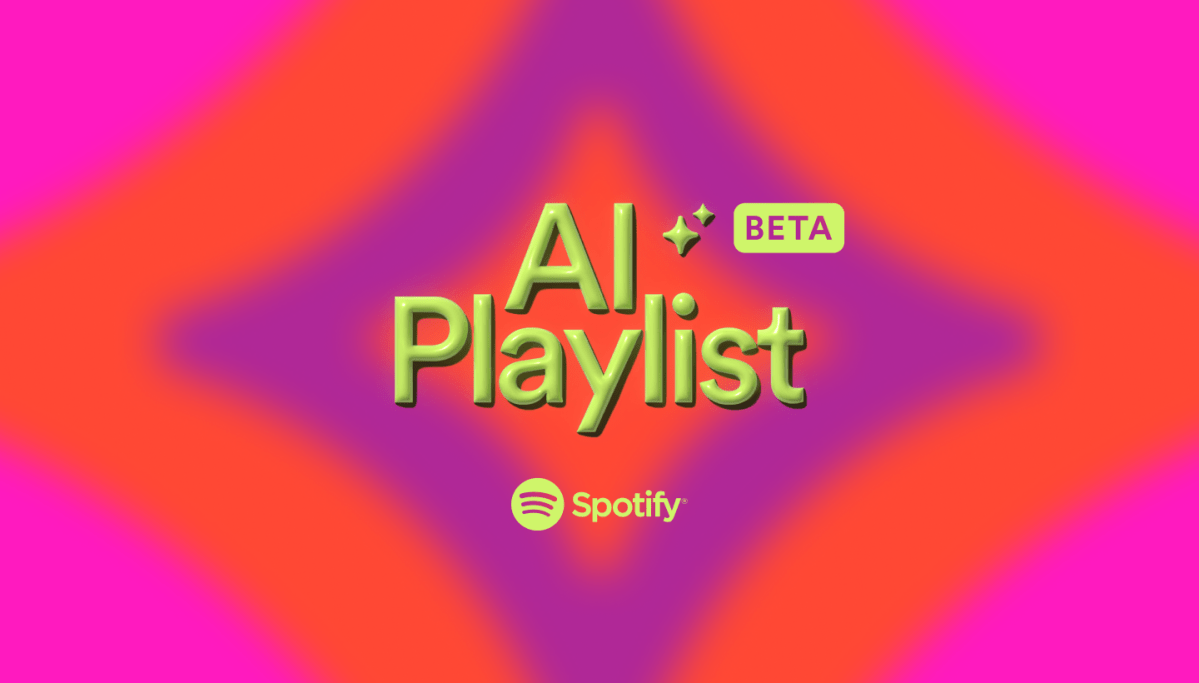/cdn.vox-cdn.com/uploads/chorus_asset/file/25378597/Spotify_AI_Playlist_beta_hed.jpg)
Spotify, a popular music streaming service, has recently launched an AI-powered playlist generator that allows users to create curated tracklists based on text descriptions. The new feature is currently available in beta form and only accessible to Spotify Premium subscribers on mobile devices in the United Kingdom and Australia. To use the tool, Android and iOS users can head into their 'Your Library' section of the app, select AI Playlist from a drop-down menu, type in a prompt such as
:format(webp)/cdn.vox-cdn.com/uploads/chorus_asset/file/25378591/IMG_2746.jpg)
:format(webp)/cdn.vox-cdn.com/uploads/chorus_asset/file/25378589/FTR_Infographic_AI_Playlist_1_1024x512.png)
